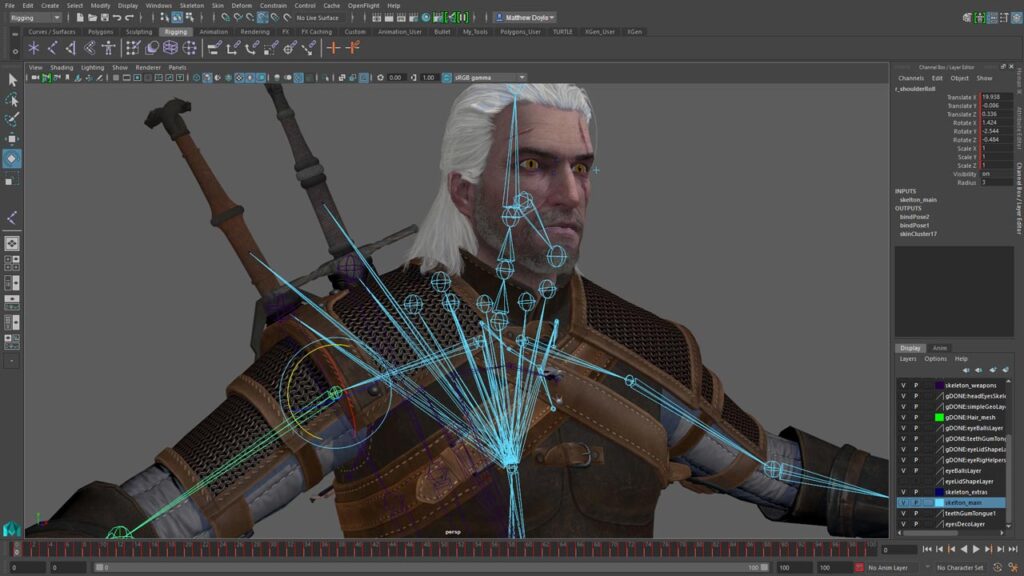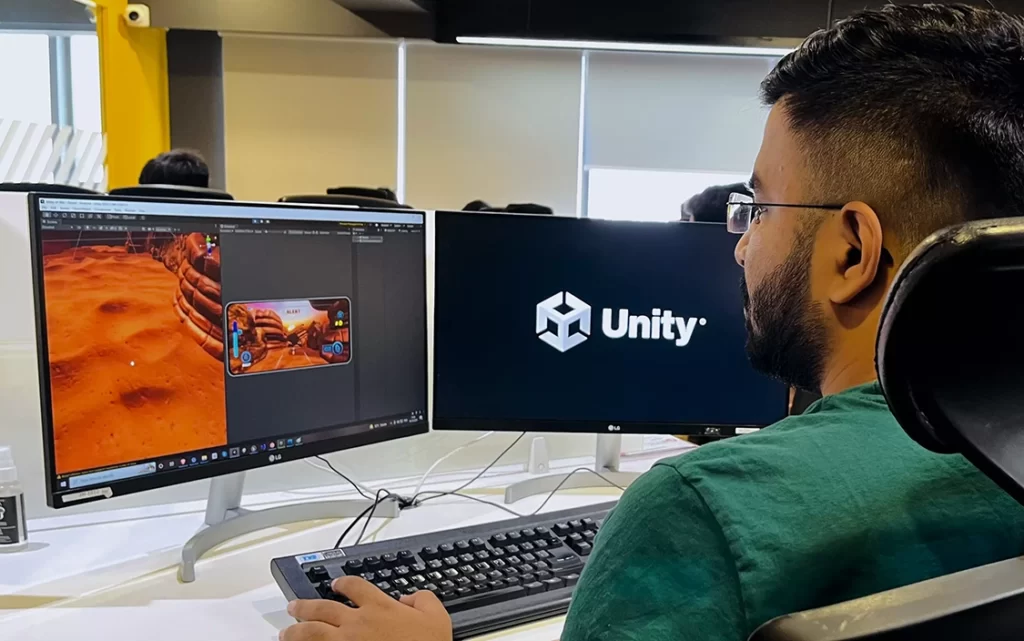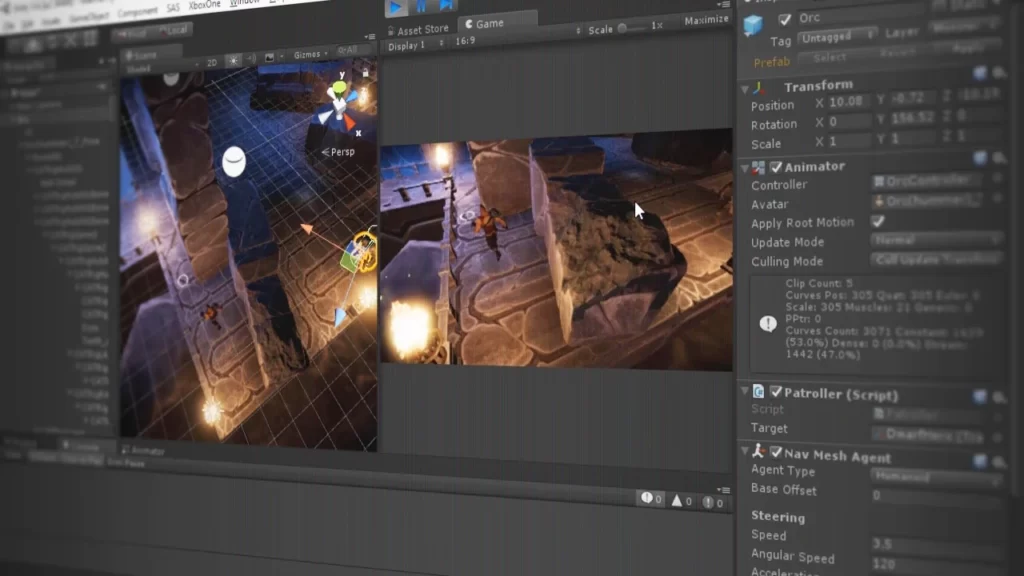Game development is an intricate process, with timelines varying based on the complexity of the game, the size of the development team, and the tools used. This article provides a comprehensive look into the timelines of different game categories and how project management methodologies like PMBOK and Agile can streamline the process.
Entering the exciting world of game development often comes with a pressing question: How long does it take to develop a game? This question is not as straightforward as it seems, as the answer depends on a multitude of factors. From the type of game and complexity of its design to the size of the development team and the project management methodologies employed, every aspect plays a significant role in determining the timeline of a game development project.
Game Development Timelines: Mobile Games, Indie Games, and AAA Titles
Starting with mobile games, they are usually simpler in terms of mechanics and graphics, reducing development time. However, the timeline can still vary from a few months to over a year, depending on the game’s complexity.
In contrast, indie games often take longer, with development typically spanning a year or two. These games are usually developed by smaller teams with limited budgets. But, by utilizing game development platforms, indie developers can streamline the process, making it more manageable.
On the far end of the spectrum are AAA games. Characterized by high-quality graphics, complex mechanics, and intricate storylines, these games require large development teams and significant resources, extending the development timeline to two to five years.

The Role of Team Size and Project Management Methodologies
The size of the development team is a critical factor in determining the timeline. Small teams or solo developers often take over a year to develop a game due to the multitude of roles they must handle. Conversely, large teams can expedite the development process thanks to the division of labor. However, coordinating a large team can also present challenges, making project management crucial.
This is where project management methodologies like PMBOK (Project Management Body of Knowledge) and Agile come into play. PMBOK, a traditional project management approach, is beneficial for larger projects with clear, unchanging objectives – like AAA games. On the other hand, Agile methodologies, such as Scrum, are more flexible and adapt well to changes, making them suitable for indie and mobile game development.
Technology and Tools: Speeding Up the Development Process
In addition to the type of game and team size, the technology and tools used also have a significant impact on the timeline. For instance, game engines like Unity or Unreal Engine can dramatically speed up the development process. Similarly, using pre-made assets can save time compared to creating all game assets from scratch.

Conclusão
In conclusion, developing a game is a journey that requires careful planning, adequate resources, and lots of hard work. Every game is unique, and therefore, the development time can vary significantly. However, understanding these factors will help you better plan your game development project and set more realistic expectations.
If you’re about to embark on a game development journey and need guidance or support, our team at Triplano Games Studio is here to help. We provide expert game producers that act as project managers, leveraging proven methodologies like PMBOK and Agile to keep your project on track and ensure its success. We’re passionate about game development and would be thrilled to help bring your game idea to life.
Don’t hesitate to reach out to us. Let’s create something amazing together, on time and within budget! Your game development journey starts here.
References used in the article:
- Game Development Timeline: How Long Does It Take To Make a Video Game?
- Mobile Game Development Timeline
- Making Indie Games: Development Timeline
- AAA Game Development: Timeline and Budgets
- Project Management in Game Development: PMBOK and Agile
- Unity and Unreal Engine: Accelerating Game Development
- The Role of Assets in Game Development







